Streamlined Shipping and Logistics for Aluminum Profiles Export to Middle East and Beyond
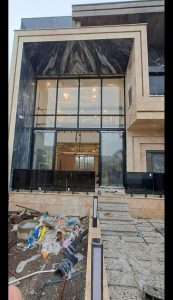
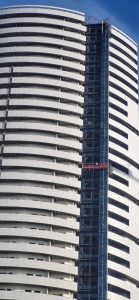
Introduction: The Role of Logistics in Aluminum Export
Streamlined Shipping and Logistics for Aluminum Profiles Export to Middle East and Beyond In the global building materials market, the quality of a product is only one part of the success equation. For manufacturers and suppliers of aluminum profiles, especially those exporting to regions such as the Middle East, logistics is a key differentiator. Efficient packaging, accurate documentation, fast customs clearance, and reliable freight all play critical roles in maintaining client satisfaction, reducing project delays, and enhancing brand reputation. As competition intensifies, the ability to offer streamlined logistics becomes as important as product performance.
Why the Middle East is a Key Export Destination
The Middle East represents one of the most dynamic markets for aluminum profile exporters. Rapid urbanization, extreme climatic conditions, and government investments in infrastructure have fueled a growing demand for high-performance aluminum products. Countries such as the UAE, Saudi Arabia, Qatar, and Kuwait require large volumes of aluminum profiles for curtain wall systems, windows, louvers, skylights, and facade components.
Additionally, projects in these regions often operate on tight timelines and require precise delivery schedules. As a result, exporters who can ensure reliable, on-time logistics gain a significant competitive edge.
Common Shipping Challenges in the Aluminum Profile Industry
Shipping aluminum profiles internationally involves several challenges that, if poorly managed, can lead to losses or reputational damage:
- Profile Length and Volume: Aluminum profiles can be over 6 meters in length and are susceptible to bending and scratching. Without correct packaging, transit damage is likely.
- Varied Project Requirements: Each client may order custom profiles in multiple finishes and dimensions. Mixed loads increase the chance of sorting errors and incorrect deliveries.
- Transit Time and Customs: Delays at ports or customs clearance can lead to construction project delays, contractual penalties, or lost future orders.
- Temperature and Humidity: In hot and humid conditions (common in the Gulf), poorly packed materials can suffer surface degradation or corrosion.
Optimizing Packaging and Container Loading
Exporters must invest in professional packaging solutions that ensure the safety and integrity of the aluminum profiles during transit. This includes:
- Hardwood Crates or Aluminum Racks: Profiles are bundled and placed into rigid containers that absorb shocks and resist crushing.
- Protective Wrapping: Each profile is wrapped in PE film or foam to prevent abrasion, scratches, and moisture exposure.
- Profile Numbering: Color-coded labels and bundle numbers help with on-site identification and installation sequencing.
- Container Optimization: 20-foot and 40-foot containers are carefully loaded to minimize wasted space and prevent shifting during transport.
Key Documents Required for Export
Accurate and complete documentation is essential for smooth export and customs clearance. Typical documents include:
- Commercial Invoice: Contains full details of product, pricing, buyer/seller information, HS code, and Incoterms.
- Packing List: Lists the quantity, dimensions, weights, and packaging method of each profile bundle.
- Certificate of Origin: Confirms the origin of goods, often required for duty exemptions under trade agreements.
- Bill of Lading (B/L): Issued by the shipping line, confirms that goods were loaded and gives title of goods to the buyer.
- Technical Datasheets & Test Reports: Include mechanical and chemical properties of the aluminum alloy, especially important for government or regulated projects.
Choosing the Right Freight Method
- Sea Freight (FCL or LCL): Most common for bulk orders, offering cost efficiency over long distances. FCL (Full Container Load) is preferred for large shipments, while LCL (Less than Container Load) is used for smaller orders.
- Air Freight: More expensive but suitable for urgent or high-value shipments. Aluminum louvers, hardware, or samples are often sent this way.
- Multimodal Transport: Combines truck, sea, and/or rail shipping — often used for landlocked countries or special project locations.
Customs Clearance: Regional Considerations
Every country has unique customs clearance procedures, and understanding regional differences ensures faster processing:
- UAE and Qatar: Require pre-shipment inspection in some cases and accurate declaration of HS codes and declared value. Certificates from local chambers of commerce may be requested.
- Saudi Arabia: Imports are monitored via the SABER system, which requires product registration, conformity certificates, and barcode labeling.
- Oman and Bahrain: Importers must register with local customs departments and sometimes submit Arabic translations of invoices and packing lists.
Warehouse and Last-Mile Delivery in the Middle East
To enhance service, some exporters partner with regional warehouses or logistics companies to provide temporary storage and organize last-mile delivery to the construction site. This is especially valuable in large-scale or multi-phase projects where on-site space is limited.
How Valid Aluminum Streamlines Export Logistics
Valid Aluminum understands that timely delivery and proper export logistics are just as important as the quality of the profiles themselves. That’s why we’ve developed an in-house export support system to manage every step of the logistics process:
- Dedicated Export Team: Our multilingual team handles all coordination from quotation to shipment.
- Custom Export Packaging: We tailor packaging methods for each order based on transit time, weather conditions, and transport type.
- Complete Documentation: All export documents are prepared in accordance with destination country regulations, and reviewed twice before dispatch.
- Trusted Freight Partners: We work with major shipping lines and freight forwarders to provide flexible booking and fast customs clearance.
- Transparent Communication: Clients are updated at each stage: order confirmation, production, loading, shipping, and delivery.
Client Success Examples
- UAE – 2023: Supplied 18 tons of thermal break aluminum profiles for a hospital project in Abu Dhabi. Delivered to site in three shipments, all cleared within 48 hours at port.
- Oman – 2022: Louvers and façade profiles for a government school were delivered via sea freight and trucked to a remote location near Salalah using bonded logistics.
- Uzbekistan – 2024: Multi-phase curtain wall project completed with monthly shipments over 5 months, using full 40HQ containers with batch-wise numbering for each zone.
Conclusion: Logistics as a Competitive Advantage
Exporting aluminum profiles is not just about manufacturing excellence — it’s also about ensuring that the right product reaches the right place, at the right time, and in perfect condition. For customers in the Middle East and other regions, timely logistics can make the difference between a successful project and a costly delay.
At Valid Aluminum, we believe in combining quality production with export excellence. By offering streamlined shipping and logistics services tailored to international construction needs, we help our clients build better, faster, and with greater peace of mind. Whether you need thermal break profiles, louvers, or full facade systems, we’re your trusted partner — from our factory floor to your construction site.

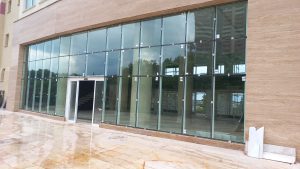
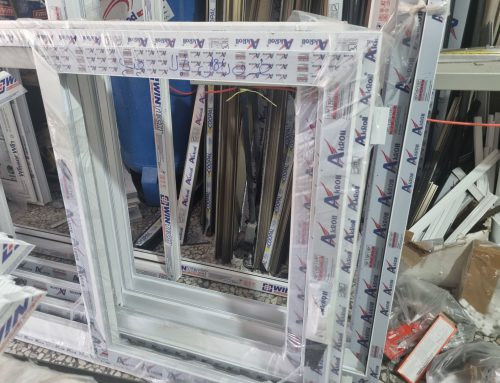
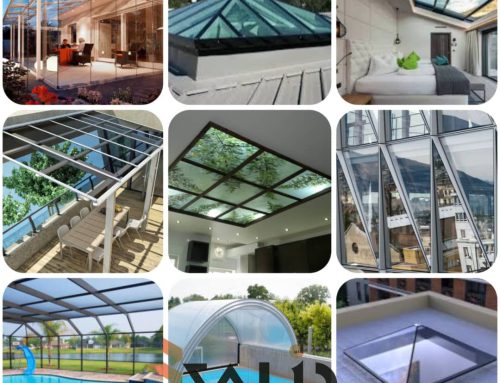
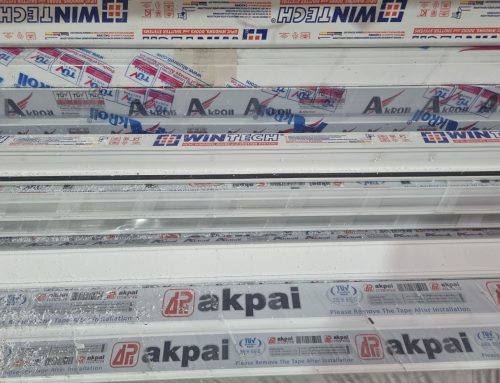
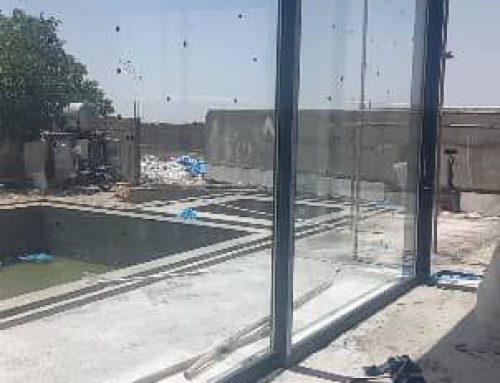
Leave A Comment